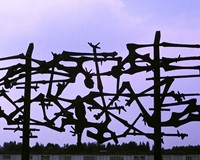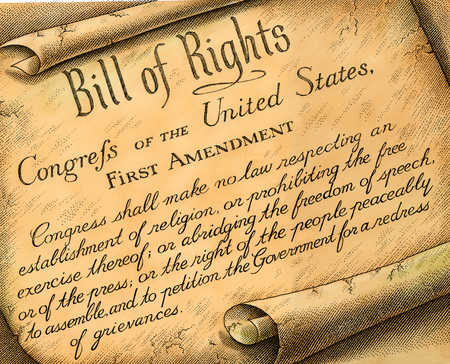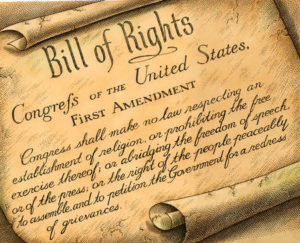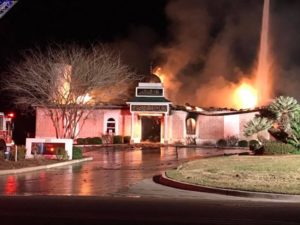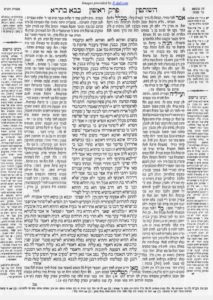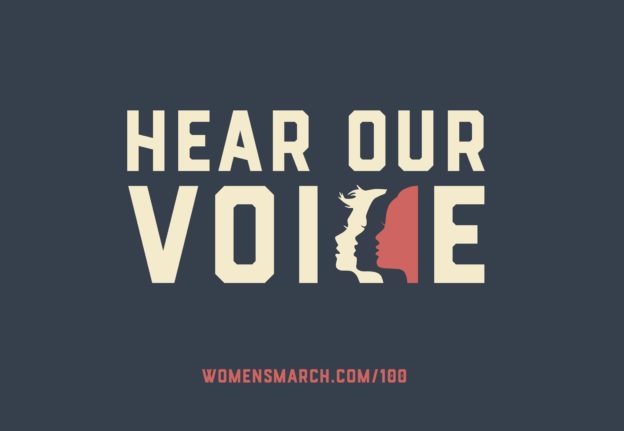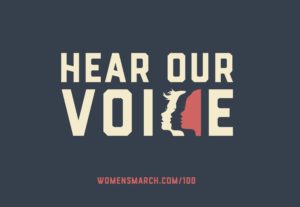I need to talk about the current ad Heineken has produced and also the talk about the talk surrounding the current ad.
For starters, we all need to acknowledge the ad is designed to promote Heineken beer. With this disclaimer, we can proceed. Bottom line, I found the ad had a positive message (beyond Heineken is a good beer to drink with someone). I believe the message was that people operate according to preconceptions whether or not they are fully informed or people hold opinions that keep them from hearing another viewpoint, but it does not have to be so.
The ad was a message about building bridges across those divides, seeing that the other is not merely stupid or a threat, or perhaps something even worse. We can find ways to connect ways to create relationships where they did not exist before; we can find that despite the things that differentiate, our common humanity can be something that brings us together.
The ad is precisely that, a four-minute frame into which the message of building bridges and the selling a product are interwoven. It is neither Shakespeare nor the Bible; although interesting, it is not the best of plots, or cinematic artistry, or even acting. But it is an important message none-the-less, one deserving of notice and embrace, not ridicule or cynicism.
I am struck that because I hold this opinion, some call me out as stupid for liking the ad and even stupider for not knowing how stupid I really am. People are reacting in a way that feels extremely condescending, or just smug, contemptuous of anyone who does not have the incisive clarity that this dangerous insidious ad requires.
The ad can be scrutinized and might actually be a starting point for some of the serious conversations we need to have, including what the ad omitted, the subtle prejudices it contained, what are the important issues dividing us, etc. But a conversation is hard to have when only one viewpoint is acceptable. It seems like some of the people so vocal in criticizing the ad would have been good “before” characters for the ad. Consider that as a working premise, we share our common humanity. Then over a drink, let’s sit together to talk and listen.
https://www.youtube.com/watch?v=8wYXw4K0A3g&t=12s

